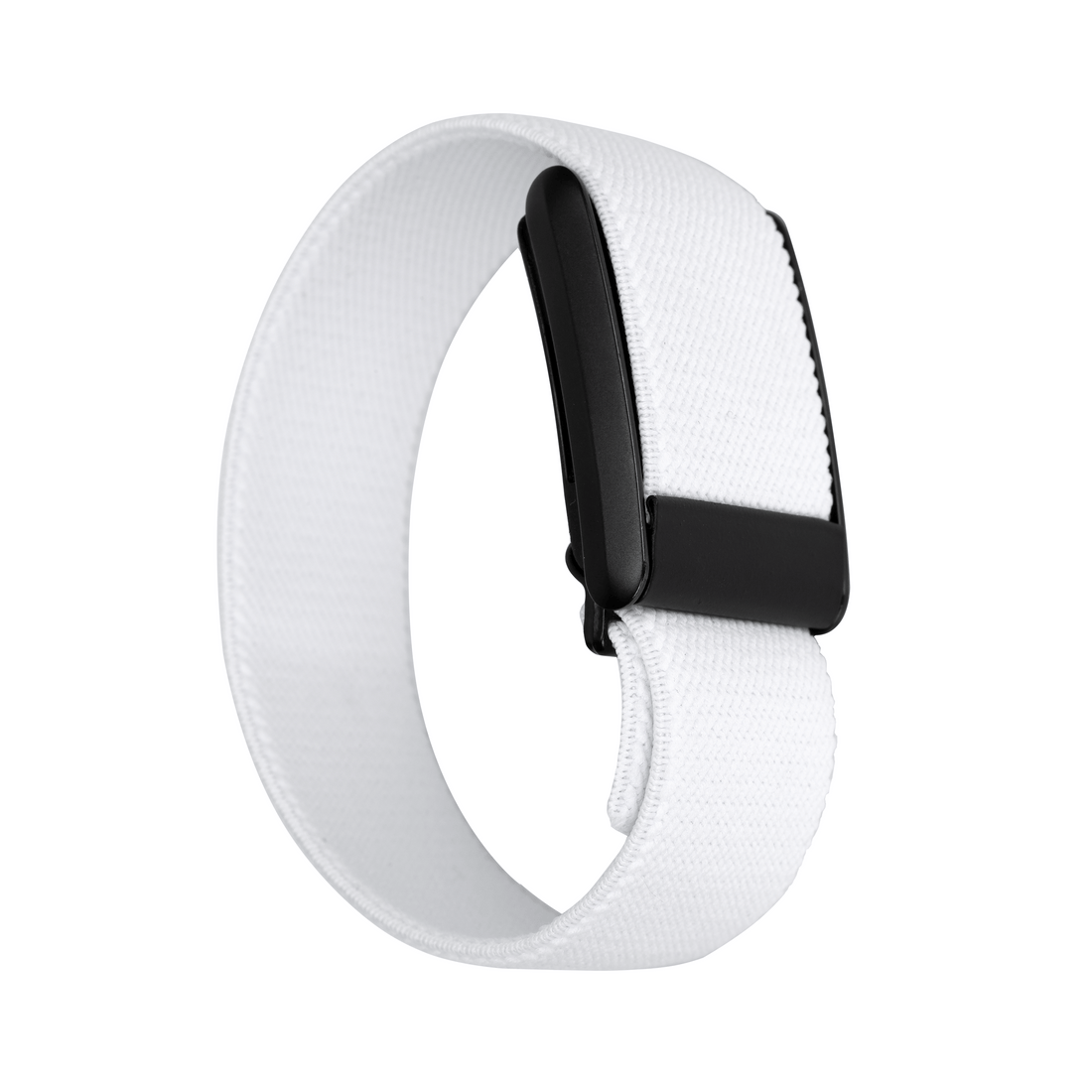Fitness enthusiasts have long relied on wearable devices like the Whoop 4.0 band to track their calorie burn during workouts. But just how accurate are these devices in measuring the calories you've burned? In this article, we'll dive into the science behind calorie burn tracking and explore the accuracy of popular fitness tracking devices, including the Whoop 4.0 band and its replacement bands.
The Science Behind Calorie Burn
To understand the accuracy of fitness tracking devices, it's crucial to delve into the science of calorie burn measurement. The traditional method of estimating calorie expenditure is through direct measurements of oxygen consumption and carbon dioxide production, typically done in a controlled lab environment. However, wearables use alternative methods, such as heart rate monitoring and motion tracking, which can introduce variability.
Testing Calorie Burn Accuracy
One fitness enthusiast decided to put popular wearables to the test. They conducted three different exercise tests, comparing the calorie burn measurements of their devices against the results from sports laboratories. Here's what they found:
Test 1: Running
In the first test, the subject performed a step test while running, resulting in a calculated calorie burn of 323.07 calories. They wore an Apple Watch and the Whoop 4.0 band. Surprisingly, the Whoop band was the closest to the actual calorie burn at 327 calories. The Apple Watch, on the other hand, overestimated at 550 calories.
Test 2: Running Again
For the second test, the subject repeated the running exercise at a different lab. This time, they wore a Garmin, Apple Watch, Whoop, and Oura ring. The results were as follows:
-
Garmin: 593 calories
-
Apple Watch: 636 calories
-
Whoop: 430 calories
-
Oura Ring: 739 calories
In this scenario, the Apple Watch demonstrated better accuracy compared to the first test. However, the Whoop band's accuracy declined.
Test 3: Cycling
The third test involved cycling on a stationary bike. Caloric expenditure was calculated at 380.3 calories. The wearables provided the following readings:
-
Whoop bicep band: 352 calories
-
Oura Ring: 320 calories
-
Apple Watch: 466 calories
-
Garmin: 471 calories
Interestingly, the accuracy rankings flipped compared to the running tests, with the Whoop 4.0 band being the least accurate in this case.
Insights and Takeaways
From these tests and additional research, it's clear that fitness tracking devices, including the Whoop 4.0 band and its alternatives, have limitations when it comes to accurately measuring calorie burn. Factors like how the device is worn, skin color, hair, and other variables can impact accuracy.
A crucial takeaway is that these devices should be used as rough estimates rather than precise measurements for calorie tracking. If you're relying on them to determine your daily calorie intake for weight management, it's essential to take the readings with a grain of salt and be aware of potential inaccuracies.
Conclusion
In the world of fitness tracking, the accuracy of calorie burn measurements remains a challenge. While devices like the Whoop 4.0 band offer valuable insights into your physical activity, they are not infallible. For a more accurate assessment of your calorie balance, consider combining wearables with traditional methods, such as regular weigh-ins and dietary tracking.
Remember that these devices are meant to enhance your fitness journey, but they are not a substitute for a balanced diet and a well-rounded exercise routine. Be mindful of the limitations of fitness trackers and make informed decisions about your health and fitness goals.
In the ever-evolving field of fitness technology, it's essential to stay updated on the latest research and developments. As new information emerges, continue to explore and refine your approach to achieving your fitness objectives.

